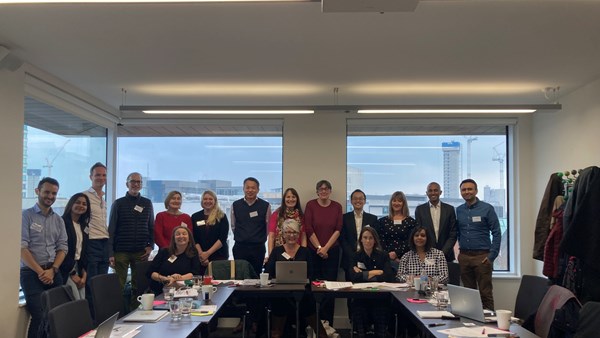
Working for those with rare salivary gland cancers.
Acinic Cell Carcinoma (AcCC)Adenoid Cystic Carcinoma (ACC)
Basal Cell Adenocarcinoma (BCAC)
Carcinosarcoma of the Salivary Glands
Hyalinising Clear Cell Carcinoma (CCC)
Salivary Duct Carcinoma (SDC)
Salivary Gland Carcinoma, NOS (Adenocarcinoma)
Salivary Gland Carcinoma, NOS (Adenocarcinoma, NOS)
Secretory Carcinoma (SC)
Mucoepidermoid Carcinoma (MEC) & Warthin-like MEC
Myoepithelial Carcinoma (MC)
Polymorphous Adenocarcinoma









